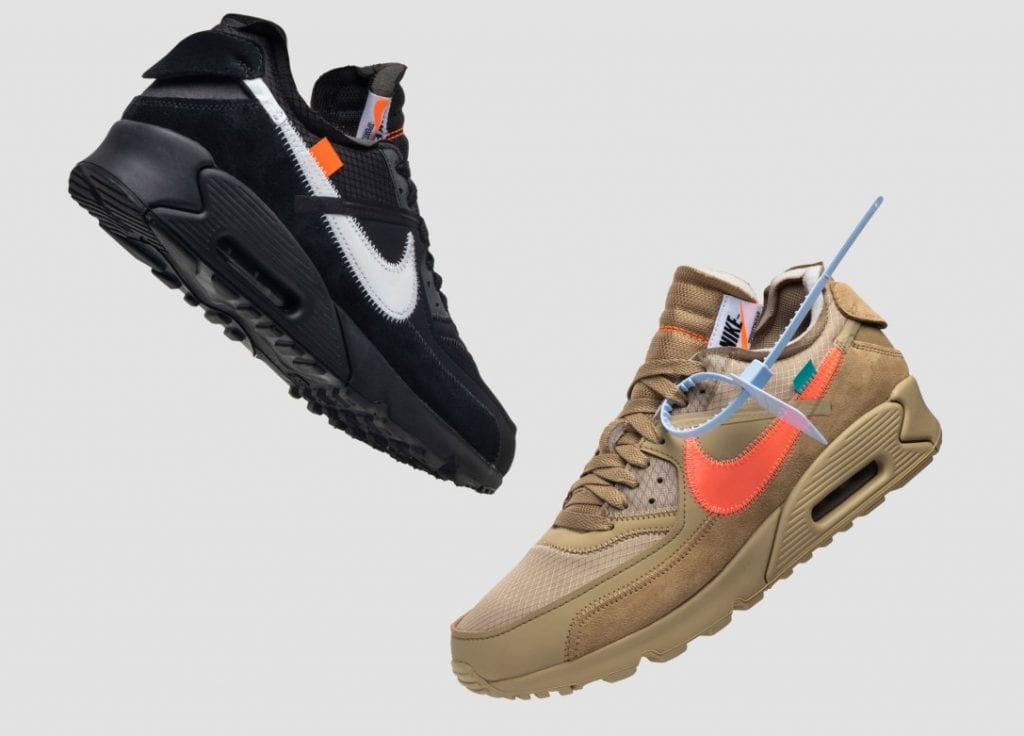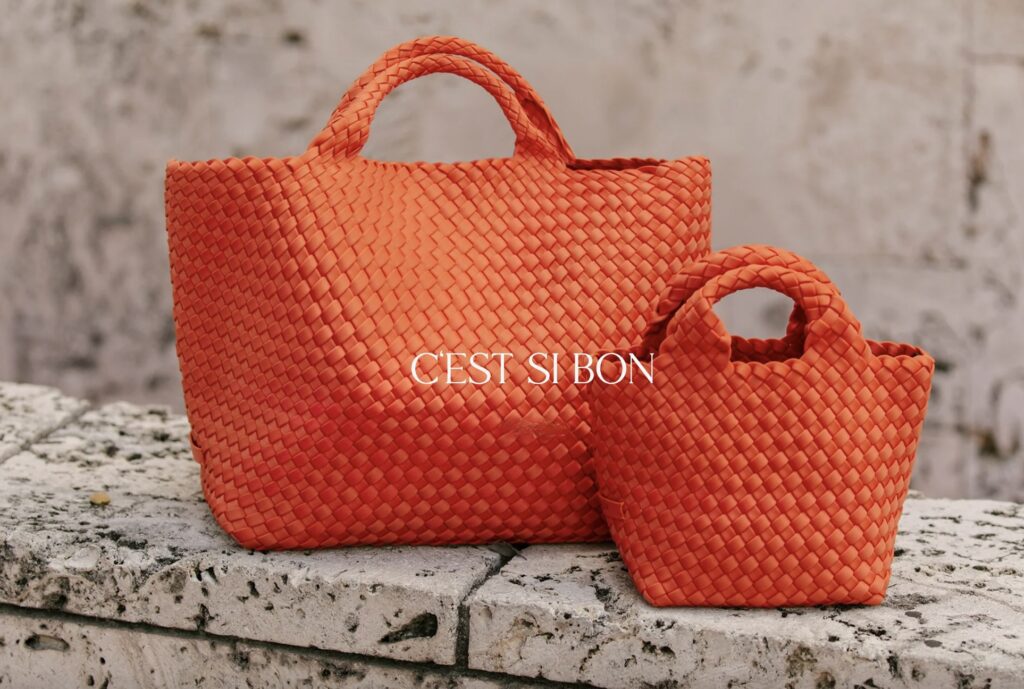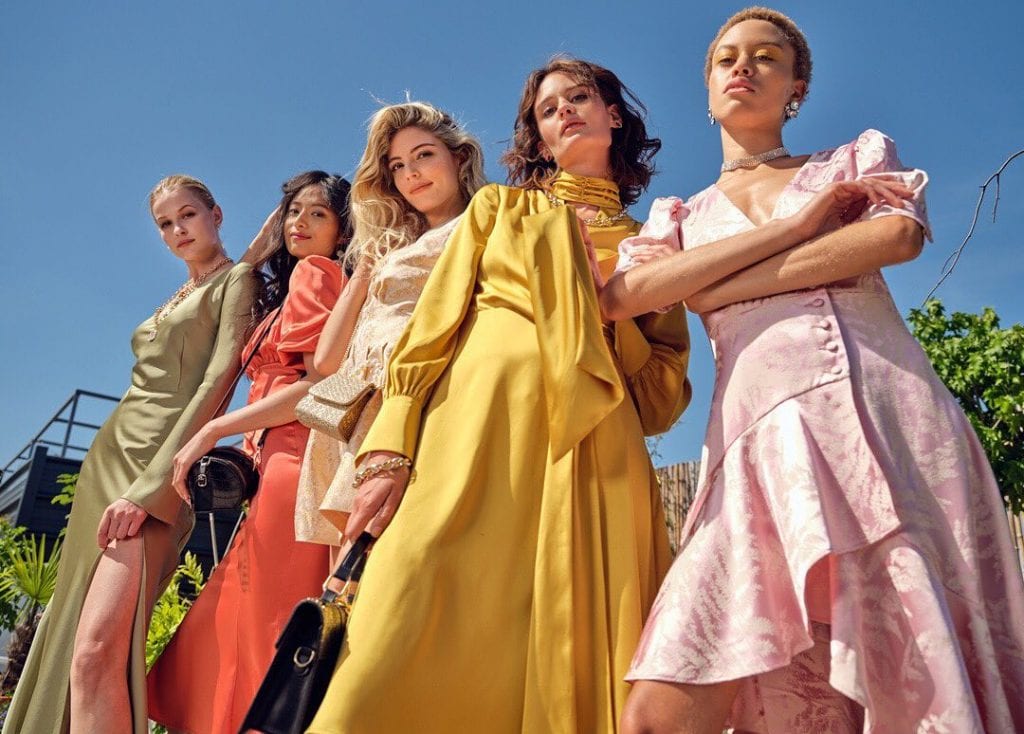A trademark fight between a burgeoning sneaker marketplace and a British fashion brand has come to a quiet close. On the heels of a New York federal court granting apparel brand Goat Fashion’s motion for a preliminary injunction in late September, and thereby, barring Goat Group’s corporate entity, 1661, Inc. from selling apparel on its buzzy resale marketplace due to the similarity of the two brands’ names and the resulting likelihood that consumers will confuse the two like-named but unaffiliated parties’ goods/services and cause Goat Fashion to suffer “irreparable harm,” the parties have settled their legal feud.
The newly-revealed settlement comes after the nearly 20-year old Goat Fashion filed suit against 1661, Inc. in December 2019 for trademark infringement and breach of contract, arguing that the sneaker upstart is “willfully disregarding” its well-established intellectual property rights, namely, its rights in the “Goat” trademark in the U.S., which Goat Fashion says that it has consistently used since 2003 and has “spent a substantial amount of time, money, and resources advertising its apparel under” that name.
Pointing to examples of potential confusion, Goat Fashion asserted in its complaint that its website has been bombarded with searches for terms like “Yeezy’” – the name of a collection of sneakers produced by adidas and Kanye West – which “is the most popular search term on its website,” despite the fact that the British fashion brand does not sell athletic footwear. Similarly, Goat Fashion asserts that its e-commerce site has “received searches for ‘Supreme shirt,’ ‘Gucci belt,’ and ‘hoodie,’ each of which is an item of apparel or an apparel-related accessory sold by 1661.”
These searches “strongly suggest that consumers are inclined to confuse Goat Fashion’s and 1661’s [resale] platforms,” Judge Paul Engelmayer of the U.S. District Court for the Southern District of New York asserted in his preliminary injunction order this fall.
In filing suit last year, Goat Fashion also claimed that 1661, Inc. is running afoul of the co-existence agreement that the parties entered into in April 2017, which established that in order to alleviate potential confusion in the marketplace and enable to two companies to co-exist peacefully, Goat Fashion would “continue to use its GOAT mark for goods and services related to clothing,” while 1661, Inc. would “limit its use of its GOAT mark [within that class] to services in connection with its online marketplace … ‘athletic and sporting footwear,’ i.e., sneakers.”
The parties’ harmonious relationship did not last long, and in fact, their deal broke down in July 2019 when Goat Fashion claims that it refused to consent to 1661’s request to use the GOAT mark on clothing in addition to athletic and sporting footwear. As Goat Fashion alleged in its complaint, “Rather than negotiating a license agreement,” which Goat Fashion says that it offered, 1661, Inc. opted to “willfully disregard [its] trademark rights and … the 2017 consent agreement,” and in October 2019, began selling its own GOAT branded clothes through its mobile app anyway in furtherance of an ambitious attempt to expand its offerings beyond sneakers.
Interestingly, the court was not persuaded by 1661, Inc.’s argument that it was on the right side of the law because it merely “operat[es] as a ‘middleman’ between buyers and sellers” and that it “does not itself manufacture or sell the products” on its platform.” (This mirrors the argument that Amazon has routinely made in connection with the lawsuits filed against it over products offered up/sold on its third-party marketplace site).
The court found these argument to be “factually dubious,” stating that “as Goat Fashion has demonstrated, 1661 does not limit its use of the GOAT mark to the authentication of apparel goods or the facilitation of third-party sales,” and instead, uses the GOAT mark on its e-commerce platform, on its product packaging, and in connection with the actual sales documentation and customer service associated with its site. “These activities are typically conducted by and associated with an online retailer or marketplace,” according to the court, which found that Goat Fashion established a likelihood of success on its breach of contract claim.
The preliminary injunction – which was slated to be in effect for the duration of the litigation – put an abrupt halt to 1661’s grand plans for expansion. The equitable remedy that the court handed to Goat Fashion followed just days from news that 10-year old Goat Group had raised $200 million in funding in order to “further its expansion into new apparel and product categories, as well as its efforts to work with more brands to sell their products directly on its platform,” the Wall Street Journal reported on September 23.
Fast forward two months and counsel for Goat Fashion filed a stipulation of voluntary dismissal on November 25, stating that it “is hereby stipulated and agreed by and between the parties and/or their respective counsel(s) that the action is voluntarily dismissed, with prejudice” – which means that Goat Fashion cannot file suit against 1661 on the same grounds again at a later date – “and without costs.”
A representative for Goat Fashion confirmed to TFL on Monday that “this litigation is now concluded with a settlement reached between the two parties.” Given that the preliminary injunction is limited to the duration of the case, itself, and since the terms of the parties’ settlement are confidential, it remains to be seen whether Goat Group will have to go back to the drawing board in terms of the branding if it wants to offer up apparel and accessories on its site. However, it is worth noting that as of the time of publication, the “apparel” section on the Goat website delivers the following message, “There were no matching results. Please try a different search.”
A rep for 1661, Inc. was not immediately available for comment.
*The case is Goat Fashion Ltd. v. 1661, Inc., 1:19-cv-11045 (SDNY).











